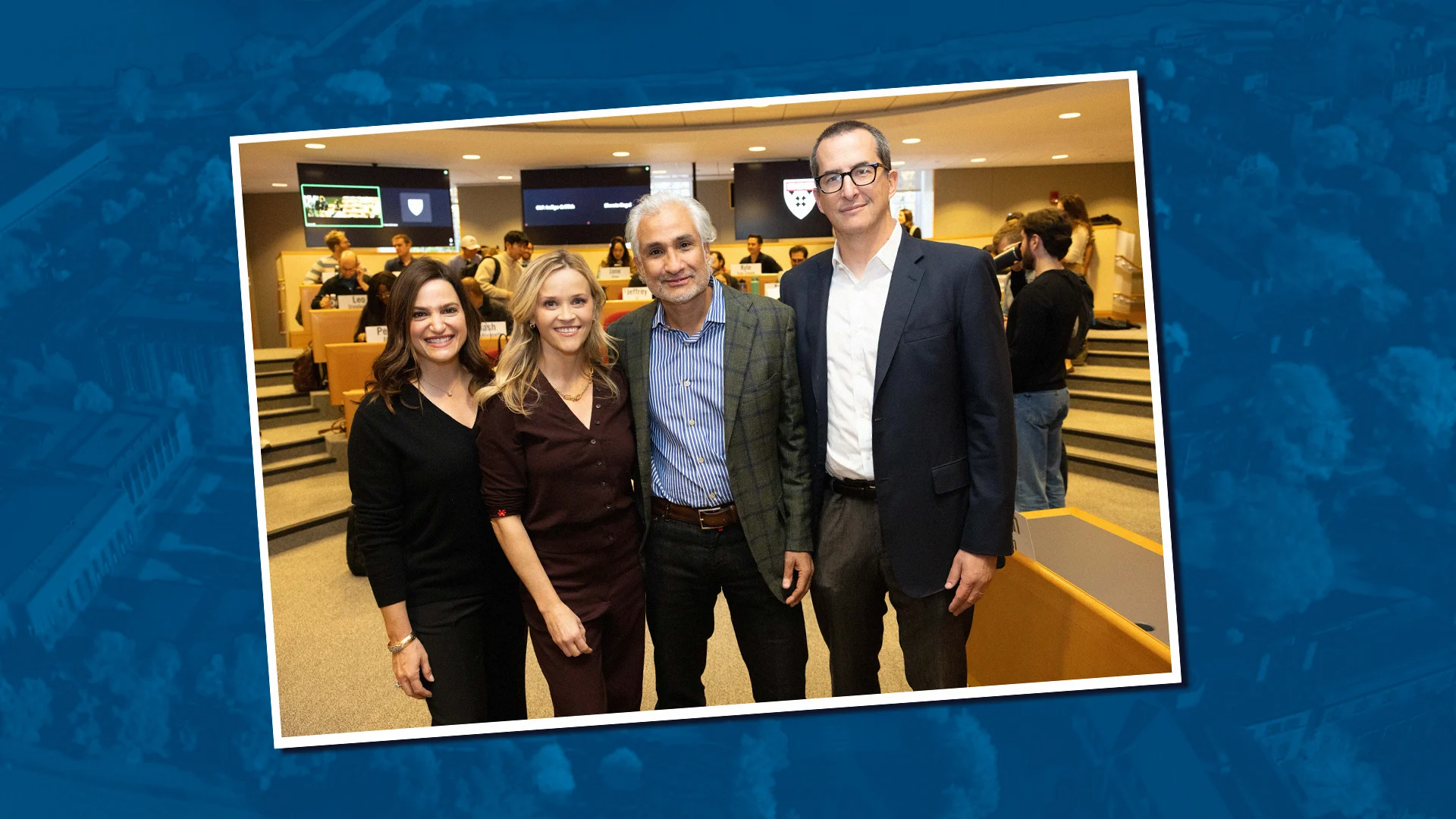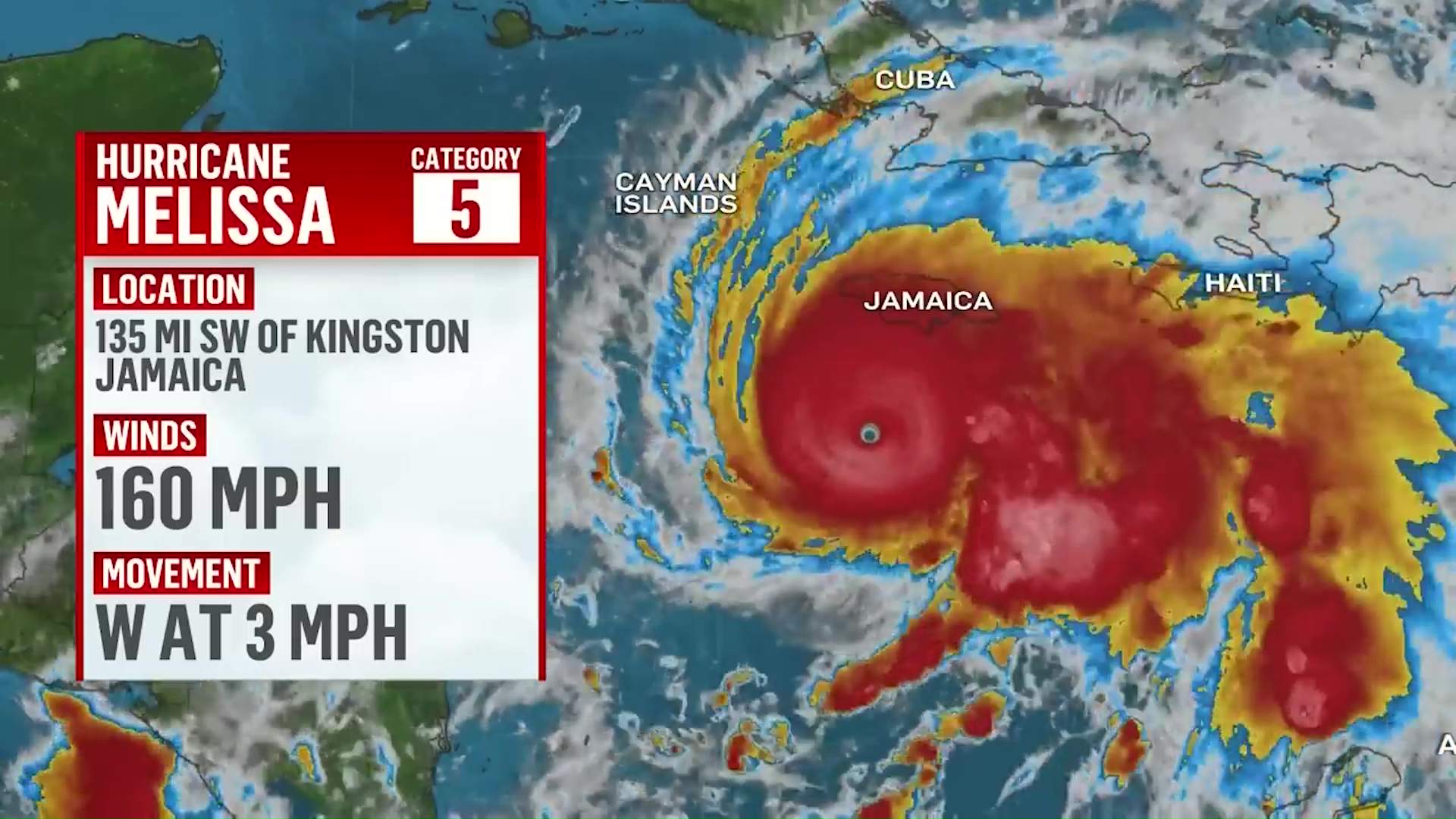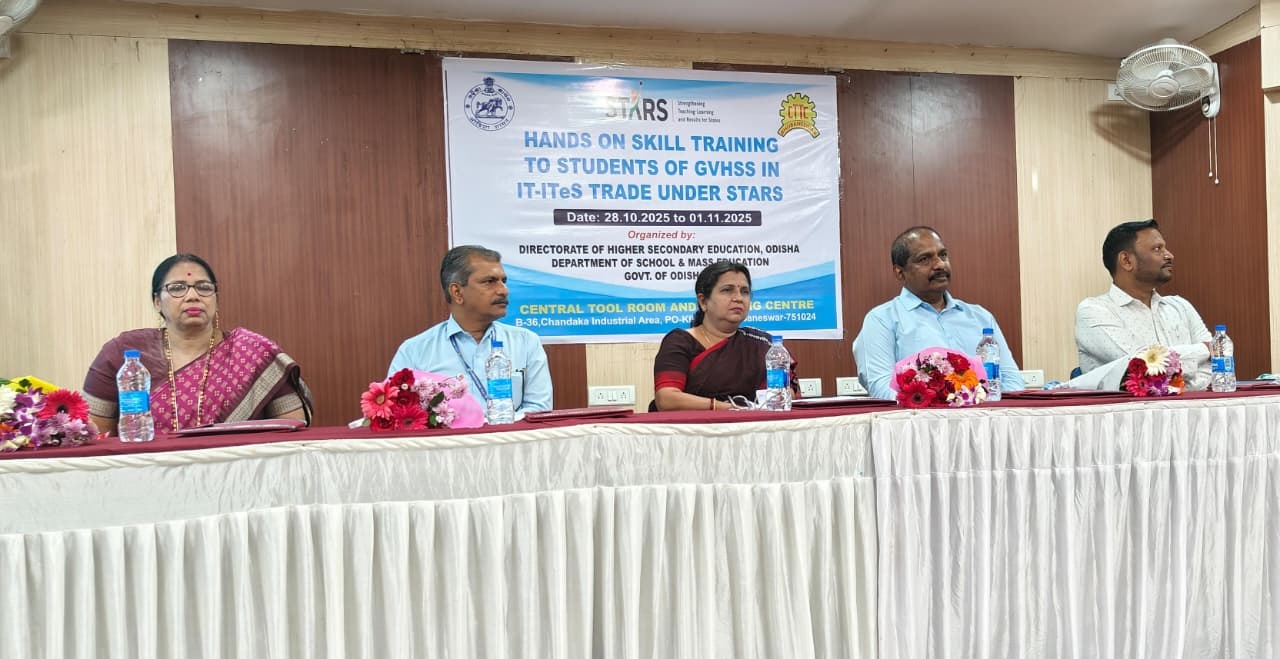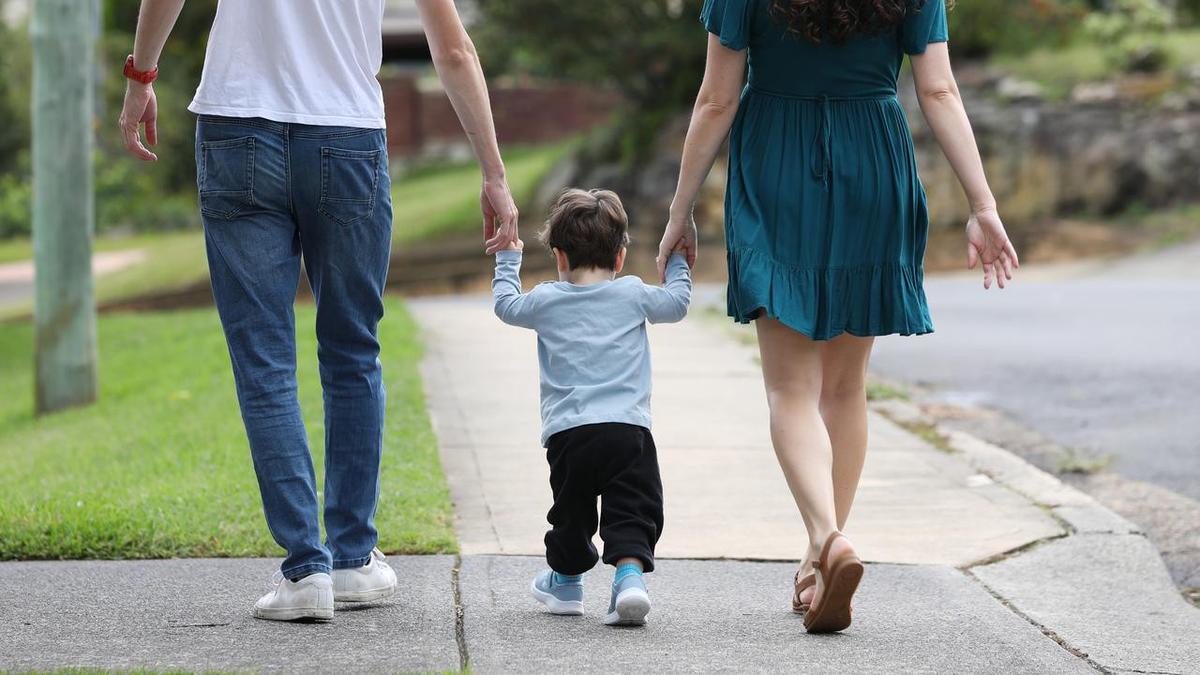Copyright Inc. Magazine

For more than two hours, Reese Witherspoon captivated her audience. People laughed, applauded, and even cried. For the Academy Award-winning actor, who has spent more than three decades on screen, starring in hits, such as Legally Blonde, Walk the Line, and Big Little Lies, prompting this range of emotions from a crowd is nothing new. But this group was not watching one of her movies or the new season of The Morning Show. They were sitting in class. Last month, Harvard Business School senior lecturer Reza Satchu and researcher Denise Koller published a new case study about Witherspoon’s journey from one of Hollywood’s most in-demand actors to the founder of Hello Sunshine. The mission-driven media company, which focuses on elevating women’s stories, scored a massive exit in August 2021, when Witherspoon sold a majority stake in the business to Candle Media, an upstart firm backed by Blackstone, in a deal that valued Hello Sunshine around $900 million. The 36-page analysis of how that happened is now required reading for the nearly 200 students enrolled this fall in Satchu’s popular class, The Founder Mindset, which aims to teach MBA students about the judgement and characteristics needed to succeed as an entrepreneur. Inside the classroom Earlier this week, on a crisp November Tuesday, Witherspoon and her Hello Sunshine co-founder Seth Rodsky sat at the front of Satchu’s classroom to bring their own voices into the conversation. Two packed classes of students peppered the 49-year-old producer and serial entrepreneur with questions about how she built the company and debated some of the most consequential decisions that she has made as a founder. What made her personal brand so enticing to consumers? Should she have sold her company earlier, when she got an initial offer with a lower valuation, but potentially more money for herself personally? Or was she right to maintain control for longer and hold out for a deal that would be more advantageous for her employees and investors? Was selling consistent with her brand? And now what? Should her company start investing in AI or the women’s sports boom? Or would redoubling efforts on human-driven storytelling and in-person events be the most viable strategy for growth? Featured Video An Inc.com Featured Presentation Witherspoon and Rodsky nodded along and listened intently to the aspiring entrepreneurs, who were pretty evenly split about when—and if—they should have exited. Over the past couple of years, Harvard Business School has hosted an increasing number of celebrities and influencers for events and classroom discussions like this, reflecting the changing nature of entrepreneurship. The lines between founder and content creator have become increasingly blurred—if not fully erased—and Satchu wants his students to take notice. Developing a personal brand is no longer an option. It’s a necessary strategy. That’s why Witherspoon not only spoke to his two classes, but also participated in a live fireside chat moderated by student leaders from the Harvard Business School Women’s Student Association in front of nearly 900 people, and sat down with Satchu for an interview that will be released as an episode of his upcoming podcast, The Founder Mindset with Reza Satchu, which is set to debut in January. HBS’s celebrity founder strategy For Witherspoon, this is perhaps the ultimate stamp of institutional approval for her acumen as a founder four years after selling Hello Sunshine. The deal ranked Hello Sunshine among some of the largest exits for female founders but after the acquisition, Candle Media’s co-founders faced questions about whether they overpaid for Witherspoon’s production company at the height of the streaming surge. Last year, the firm restructured and cut costs. For Satchu, this effort to roll out the crimson carpet for celebrity founders is all part of his crusade to transform one of the country’s prestigious business schools from a corporate factory churning out the next generation of investment bankers and management consultants into a startup incubator where students can envision, launch, and fund businesses, all before graduation. His vision has landed with both students and the university administration, who want Harvard Business School to remain relevant in an era when young people are increasingly interested in pursuing entrepreneurship early on in their careers, but have soured on the idea of higher education. First-time founders today have more options and resources to bootstrap on their own, particularly with the onset of vibe coding. HBS has to compete with that DIY path and justify their ticket price. Tuition alone costs $78,700 a year. The university estimates the total cost of attendance, including housing, materials, and living expenses is more than $126,500. Getting this level of access to high-profile entrepreneurs, such as Reese Witherspoon, is the sort of value add that makes Harvard Business School worth it, says Jadyn Bryden, a second year HBS student who is set to graduate in the spring of 2026. Bryden, who is launching a startup that will help influencers invest in venture capital rounds as limited partners, was one of the student moderators who interviewed Witherspoon. Becoming the subject of a Harvard Business School case study has also become a sought-after prize for founders. Other past high-profile subjects have included Shark Tank host and serial entrepreneur Kevin O’Leary and podcaster and best-selling author Tim Ferriss, who called the opportunity “a full-circle dream come true,” in a post on LinkedIn. Other marketing-minded founders have taken notice of this unique platform. Koller, the researcher who spent about five months writing the case study on Witherspoon with Satchu, says her inbox is filled with cold emails from public relations firms trying to land their clients as HBS’s next case study subject. Koller politely declines the offers, but says that does not deter the incessant pitches. With so much demand, landing a spot on Satchu’s syllabus and in his classroom may be more competitive than than nabbing an Academy Award. But Witherspoon, who is halfway to EGOT status, more than proved she belongs there in front of the next generation of startup founders. Reese Witherspoon’s entrepreneurial advice Witherspoon offered the students advice on fundraising and hiring an executive team. She stressed the importance of picking the right co-founder, offering employees company equity, and harnessing social media to compile data on customers. She also emphasized the value of learning how to rebound from failure. Witherspoon explained how she pivoted from her earlier company Pacific Standard, which scored numerous awards and commercial success producing Gone Girl, Wild, and Big Little Lies, but barely broke even. At times, the company struggled to make payroll. The problem, Witherspoon told them, was the capital structure: working for producer fees, instead of building lasting equity, like the studios did. When many of the millennial and Gen Z students expressed how burnt out they felt from posting and performing on social media and asked whether it was possible to build a brand without being on platforms, such as TikTok, Instagram, and YouTube, Witherspoon pushed back, but offered some workarounds. “This company wouldn’t be possible without social media. It doesn’t mean I have to be the one on camera all the time, so I don’t want you to feel this onus of, ‘I have to film myself eating sushi.’ That’s not the point. Think of social media as the billboard of your company,” said Witherspoon, who suggested social media shy founders create an avatar, a company mascot, or lean into user-generated content, such as customer reviews. “If your business can crack YouTube, that’s pretty major.” Still, even she admitted that being online is not enough in today’s environment, where consumers feels the same sort of social media exhaustion that they do. “There’s going to be a massive fatigue in the world around social media and marketing and being constantly marketed to,” said Witherspoon. “Creating communities and third spaces where you can share common interests over things, like reading…gardening, fishing, that’s going to become really, really important.” So what’s next for Witherspoon? Students in Satchu’s Founder Mindset class will get the chance to pitch her their ideas and be a part of whatever venture she chooses. Their initial ideas are due by the end of this week.



